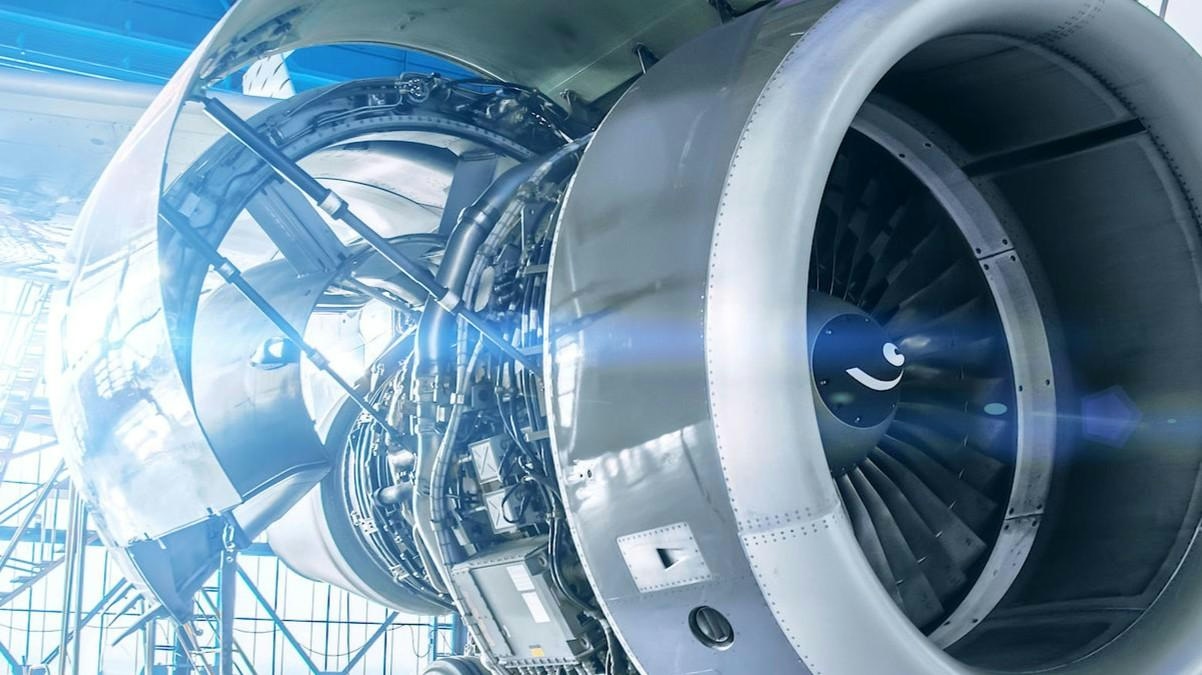AeroGenie — Seu Copiloto Inteligente.
Tendências
Categories
Kazakhstan Advances in Next-Generation Aviation Technologies

Kazakhstan Advances in Next-Generation Aviation Technologies
Kazakhstan is emerging as a key player in the development of next-generation aviation, with plans to introduce an electric air taxi system utilizing eVTOL (electric Vertical Take-Off and Landing) technology in the city of Alatau. This initiative is spearheaded by Alatau Advance Air Group in collaboration with U.S.-based Joby Aviation, under a $250 million agreement. The project reflects Kazakhstan’s ambition to establish itself as a regional leader in advanced unmanned technologies. However, realizing this vision will require substantial regulatory reforms, upgrades to technological infrastructure, and comprehensive training programs for personnel.
Strategic Vision and Regulatory Framework
The government’s civil unmanned aviation development strategy, as outlined by Aslan Satzhanov, acting CEO of the Aviation Administration of Kazakhstan JSC, focuses on expanding the use of unmanned aerial systems (UAS), streamlining bureaucratic procedures, and digitizing aviation operations. The primary objective is to facilitate the safe and efficient operation of UAS within designated airspace, while minimizing risks.
Kazakhstan has set ambitious targets to underpin this vision. These include establishing a strong scientific and educational foundation for unmanned aviation, integrating unmanned aviation modules into at least 80% of secondary and vocational education institutions by 2031, and increasing the adoption of UAVs in sectors such as agriculture, industry, and energy by a minimum of 30%. Additionally, the country aims to localize 10% of key UAS component production domestically and enable Kazakhstani companies to compete in global UAV and software markets.
Kazakhstan has distinguished itself in the post-Soviet space by adopting comprehensive UAS regulations in 2020, which were updated in 2023 to align with international standards for urban air mobility and unmanned taxis. Satzhanov emphasized that the regulatory framework strikes a balance between fostering technological innovation and ensuring flight safety. This foundation is intended to support a new transport ecosystem that enhances mobility, alleviates pressure on ground infrastructure, and advances environmental sustainability.
Market Dynamics and Industry Developments
The announcement of the air taxi project has been met with cautious optimism within the market. Industry observers recognize the potential for increased competition as more countries and companies enter the eVTOL sector. Kazakhstan’s broader aviation ambitions are further highlighted by Air Astana’s recent order of Boeing 787-9 aircraft, a strategic investment aimed at expanding the airline’s international network and capitalizing on long-haul routes.
Challenges in Resource Security and Workforce Development
Despite these promising developments, Kazakhstan faces significant challenges, particularly in securing critical materials essential for next-generation aviation technologies. A recent $1.1 billion agreement with the United States to develop tungsten resources underscores the importance of establishing a stable supply chain for components vital to both eVTOL aircraft and the wider aerospace industry.
To support the sector’s growth, Kazakhstan is implementing a multi-tiered training and professional development system for UAV operators. Educational programs on civil unmanned aviation are being introduced across secondary and vocational institutions, with the goal of cultivating a skilled workforce capable of sustaining the rapid evolution of the industry.
Kazakhstan’s integrated approach—combining regulatory innovation, international partnerships, resource development, and workforce training—positions the country as a potential leader in next-generation aviation. The ability to navigate competitive pressures and resource constraints will be crucial as Kazakhstan advances its vision for advanced and sustainable air mobility.

Emirates Unveils Cabin Design for New Boeing 777X

Eighteen Years On, the Airbus A380 Remains Central to a $34 Billion Airline

How a boom in luxury airline seats is slowing down jet deliveries

Navitaire Outage Attributed to Planned Maintenance

DigiYatra Debuts Outside Aviation at India AI Impact Summit

Vietnam Orders Strengthen Boeing’s Commercial Outlook

Airbus Signals Uncertainty Over Future A400M Orders

JobsOhio Awards $2 Million Grant to Hartzell Propeller for Innovation Center

Collins Aerospace Tests Sidekick Autonomy Software on YFQ-42A for U.S. Air Force CCA Program

How the Airbus A350-1000 Compares to the Boeing 777
